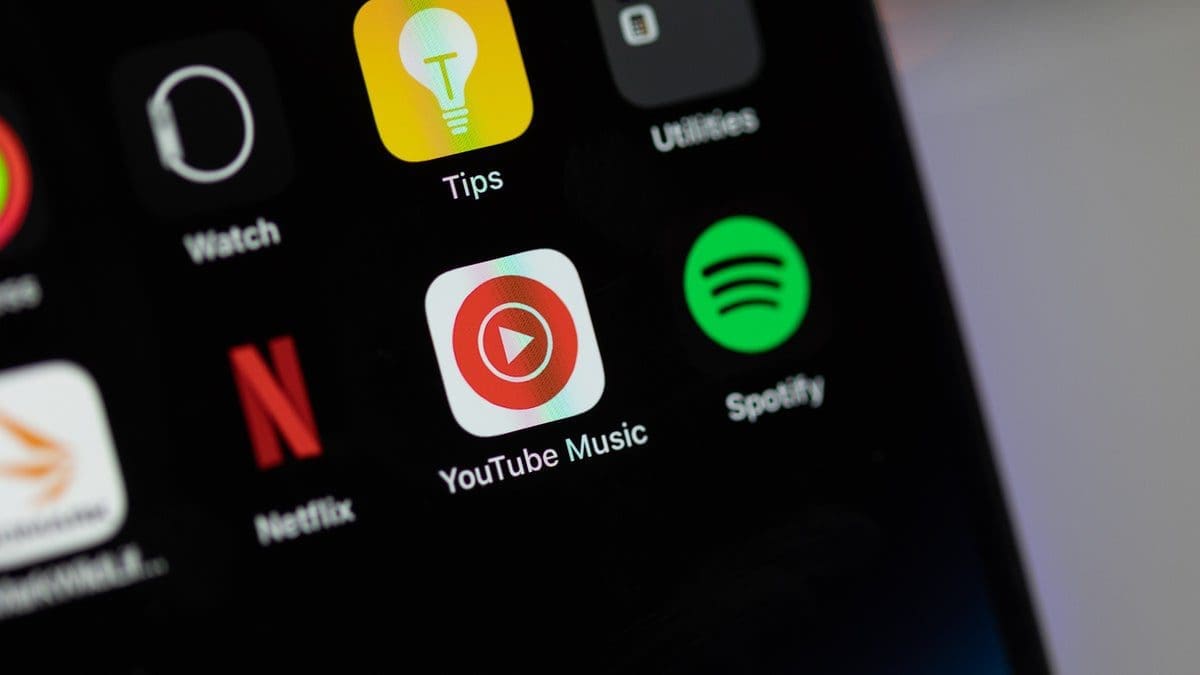Apple has recently made adjustments to the iPhone in Europe to comply with the EU’s Digital Markets Act (DMA). This new regulation has prompted Apple to allow iPhone users in Europe to sideload apps from third-party app stores and use third-party browsers that are not based on WebKit engines. Additionally, developers can now offer consumers in-app payment options that bypass Apple’s payment platform.
The European Commission has expressed dissatisfaction with Apple’s Core Technology Fee and is considering charging the company for failing to comply with the DMA. If found in violation, Apple may face a fine of up to 10% of its global annual revenue, which could amount to a significant $38.3 billion based on its fiscal 2023 revenue of $383 billion. Repeat offenders could face even steeper penalties of up to 20% of their global annual revenue.
Apple currently imposes the Core Technology Fee on developers who opt to abide by the new App Store rules in the 27 EU countries. Under these rules, developers can utilize alternative payment processors for their App Store apps within Apple’s operating systems. The Core Technology Fee charges developers €0.50 (approximately 54 U.S. cents) for each annual install exceeding one million, with certain protections in place for smaller developers.
Developers in the EU have the option to avoid the Core Technology Fee by continuing to adhere to previous guidelines and directing in-app payments through Apple’s platform. Apple has also reduced the “Apple Tax” imposed on developers using its platform for in-app payments from a range of 15%-30% down to a lower 10%-17% range.
Earlier this year, prominent App Store critics like Spotify and Epic Games, along with 32 other companies, penned a letter to the EC accusing Apple of undermining efforts towards market competitiveness. They criticized Apple’s new fee structure as perpetuating its dominance over app developers.
While reports suggest that formal charges against Apple by the European Commission may be imminent, these findings are preliminary, giving Apple room to address any issues before facing penalties or fines. Stay tuned as this situation continues to evolve within the telecommunications sector.










